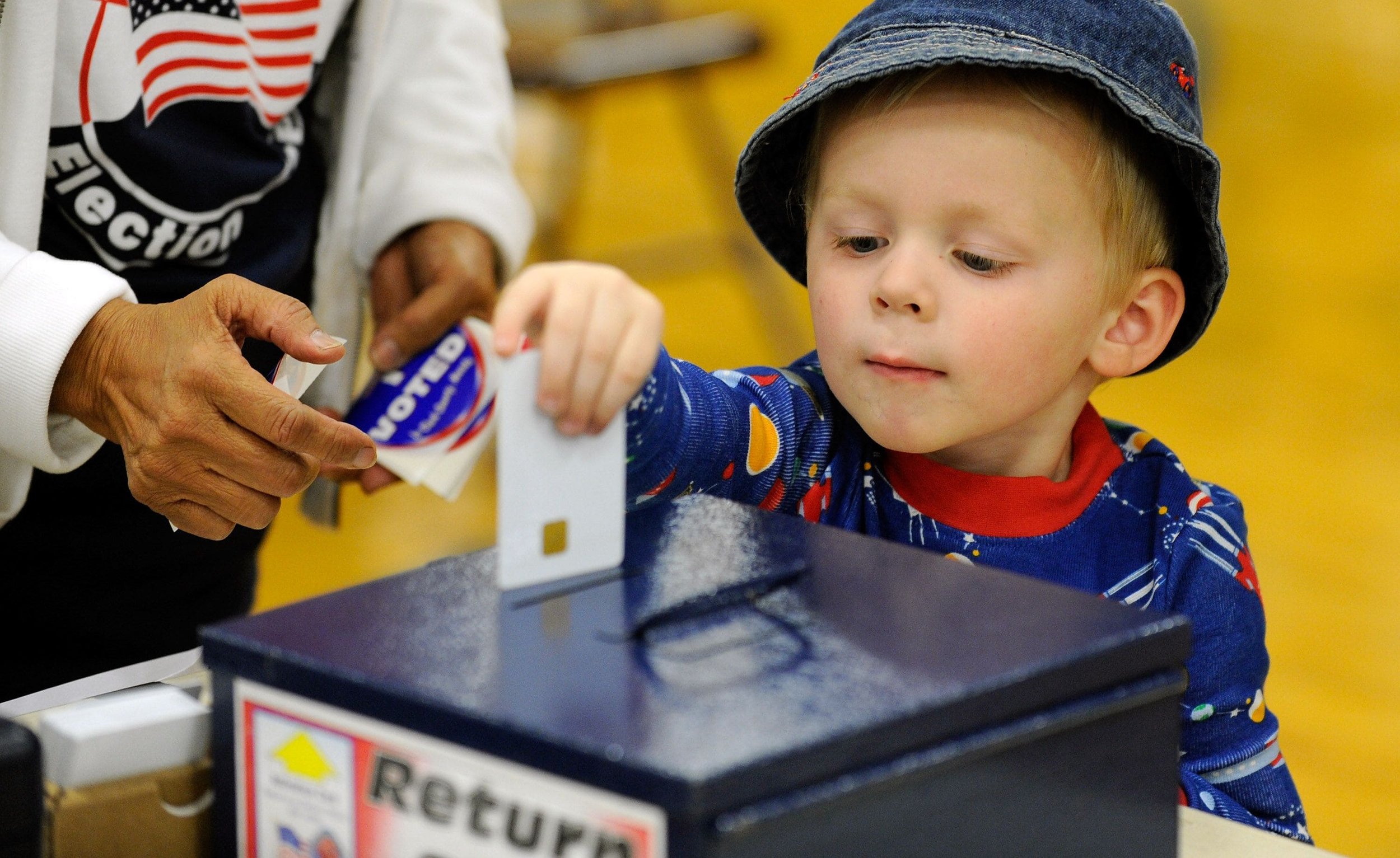What Teaching My Children About Finance Has Taught Me
/Getty Images
Are you as shocked as I am that financial literacy is not a mandated course in all school curriculums? I’m obviously biased on the subject and while you may not be as laser-focused as I am, it's a crucial life skill that can impact our financial well-being for years to come. As my children start their schooling, I won’t leave it up to chance that they will learn the fundamentals correctly.
While my children may only be five and two, I feel it’s never too early to start passing on some of my wisdom. With that being said, there are some key takeaways to consider if you elect to start these conversations with your children.
Keep it Simple at The Beginning
It is crucial to keep things simple when teaching children about money. Depending on their age, children may not even understand the concept of money, which is becoming increasingly difficult to grasp as we move further into the digital age. The transactional act of handing over physical currency in exchange for a good or service is extremely powerful in not only learning when they have run out of funds and to spend within their means, but it also involves an emotional experience in separating from one item of value to obtain another. Learning this fundamental concept will help lay the groundwork for more complex matters later in life.
Get Specific About What They’re Saving For
As adults, the savings goals start to present themselves more naturally. Whether it’s retirement, your children’s college tuition, or purchasing a larger house. If I were to put my kids on the spot and ask them what their long-term goals are it would probably be to get candy after dinner, so to save for something even a week or two out may seem alien. But when the opportunity presents itself such as an interest in a new toy I capitalize on it by mentioning how if they saved (insert birthday, chore, etc.) money, they could buy it themselves.
The Money Needs to Go Somewhere
While I help my clients with their finances by making sure their assets are in the correct investment vehicles to achieve their goals, even a savings account is overkill for my children at the moment plus, that would take away from the tangible transactional experience mentioned above. Yet placing it in a sock drawer or worse, immediately into their pocket, isn’t the solution either. Whether it is a family heirloom piggy bank or an empty jar, the money needs to have a defined place to go where they (once again) need to physically take it out if they intend on spending it. An additional measure that I’ve taken with my oldest is to have her manage a balance sheet that we reconcile every few months (as there isn’t enough cash flow for monthly/weekly balancing just yet.)
Let Them Vote
If you want your child to gain financial literacy then they need to have a say in their finances. Constantly telling them what decisions should be made and how to direct their funds, they won’t develop the skills and habits to make the correct decisions on their own. Just remember to take it easy on them when there is a mistake, while a $3 misspend may not be a big deal to us, it can be devastating to a child who was intending on a bigger purchase and they can now no longer afford it. I recommend extending grace if it is a rare occurrence and tightening up if it starts to present itself as more of a habit.
It’s Okay to Incentivize
As adults, we have plenty of reasons to put money aside, whether it's for an employer match or as part of a strategy to minimize tax liability. So why should it be any different for kids? I encourage my children to save by offering to match an additional fifty cents for every dollar they can save for a month. Additionally, I offer extra matches and savings incentives around vacation time. I'll match a percentage of their savings leading up to vacation and offer an additional match for every dollar they bring back home. My kids seem to enjoy the process of saving and planning, and it's a great way to teach them about money management. While these strategies may not work for everyone, I believe it's okay to pay more for good financial behavior.
Looking Into The Future
As they get older, we will begin opening up bank accounts that will develop a deeper understanding and appreciation of the varying accounts that can be utilized in achieving long-term goals. Eventually, I’ll have to succumb to letting my children have access to electronic forms of payment. The initial foray will be a debit card linked to a checking account with minimum funding as to avoid the temptation of blowing through all of their savings.
Of course, once they begin to earn a paycheck, we will incorporate more complex systems and budgeting measures, but by starting small now there will be plenty of runway ahead of us to ensure that they are well-equipped to make smart financial decisions by the time they reach adulthood.
Fiduciary Financial Advisors, LLC is a registered investment adviser and does not give legal or tax advice. Information presented is for educational purposes only and does not intend to make an offer or solicitation for the sale or purchase of any securities. The information contained herein has been obtained from a third-party source which is believed to be reliable but is subject to correction for error. Investments involve risk and are not guaranteed. Past performance is not a guarantee or representation of future results.








A cash balance plan helps business owners save more for retirement while lowering taxes. With higher contribution limits than a 401(k) and tax-deferred growth, these plans offer major financial advantages. Employers fund the plan, providing stable benefits for employees. While they require annual contributions and administration, the tax savings and wealth-building potential make them a smart choice for high-income professionals.